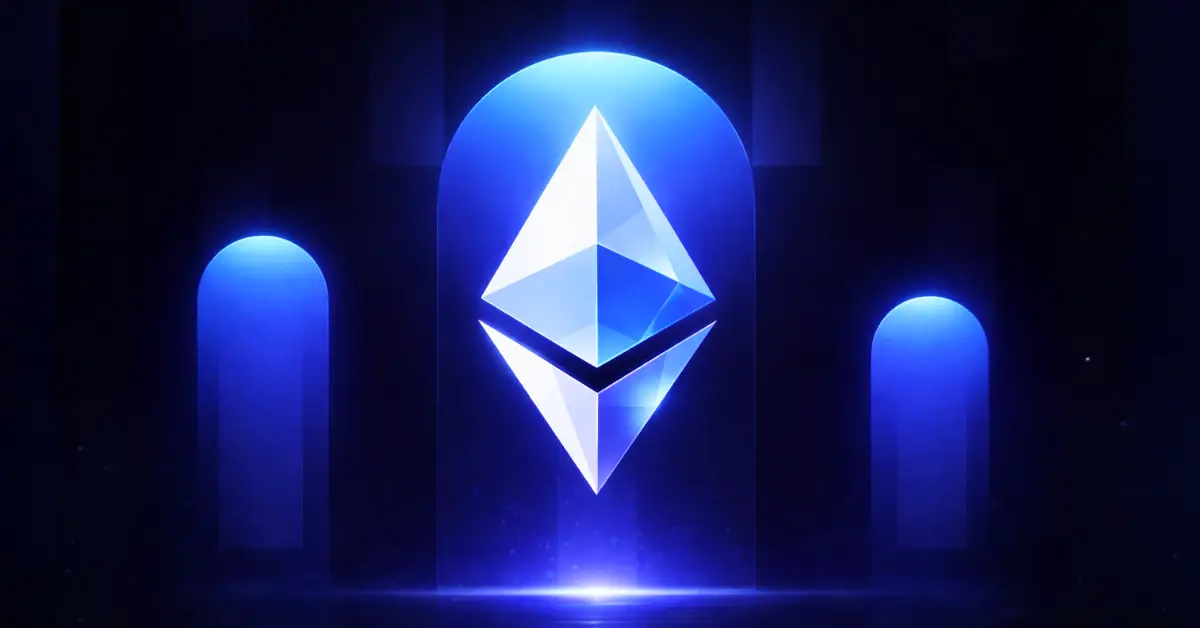Cardano Stake Pools Explained
Cardano stake pools are block-producing server nodes that reliably hold the combined stake of various stakeholders in a single entity (Cardano stake pools literally pool the stake that has been delegated to them). Cardano stake pools take care of producing new blocks and processing transactions acting as the core of the Cardano proof-of-stake protocol called Ouroboros.

Cardano stake pools are block-producing server nodes that reliably hold the combined stake of various stakeholders in a single entity (Cardano stake pools literally pool the stake that has been delegated to them). Cardano stake pools take care of producing new blocks and processing transactions acting as the core of the Cardano proof-of-stake protocol called Ouroboros.
What is Proof of Stake?
Cardano, as many third generation blockchains, is based on a consensus mechanism called proof-of-stake, whose role is to validate and process transactions and to create new blocks on the blockchain.
Proof of stake was developed in response to the high computational costs of proof of work protocols, like Bitcoin or Ethereum, avoiding the need to invest increasing sums of money in ever-more powerful computing equipment consuming growing amounts of electricity. Proof of stake promises greater scalability and throughput, since blocks and transactions can be approved more quickly.
Proof of stake works using a process known as staking.
What is Staking?
ADA held on the Cardano network and delegated to Cardano stake pools represents the stake.
Different from other blockchain, in Cardano, staking works in a non-custodial way, meaning it does not lock ADA for a certain period of time and funds can be spent at any time while participating in the protocol, regardless of how they are delegated.
Staking ADA offers benefits both to ADA holders and to the entire network, making the consensus mechanism stronger because, for security matters, Ouroboros requires a good number of ADA stakeholders to be online and maintain a good network connectivity at any time. This is why Ouroboros relies on Cardano stake pools, which are committed to run the protocol 24/7, on behalf of the delegates. In return, Cardano stake pool owners and their delegates will earn ADA rewards.
How to Delegate and get Staking Rewards?
ADA holders can earn rewards in two different ways: by delegating their stake to a stake pool run by someone else, or by running one by their own.
The amount of stake delegated to a Stake Pool is how Ouroboros chooses who is going to add the next block to the blockchain and receive a reward.
The more that is delegated to a stake pool (up to a certain threshold), the more likely it is to create the next block. The rewards that this procedure earns are then shared between all the delegates of that stake pool.
To delegate your funds, just open your wallet and search for the “Staking” or “Delegation” section, where you’ll be able to search and find all the Cardano stake pools available. You’ll then be able to choose the one you want to delegate your funds to, according to its performance and fees.
When delegating, the protocol will assign an unique stake key to your wallet (which will identify it in that particular stake pool) and you’ll be charged 2 ADA as a delegation fee, which will be given back to you if and when you revoke your delegation.
Fees
Aside from the initial 2 ADA delegation fee, Cardano stake pools have two types of fees which are not taken out from your rewards or wallet, but from the total rewards distributed to a stake pool.
There is a fixed fee of 340 ADA set by the protocol and a variable margin fee set by each pool operator. This variable fee is usually set anywhere between 0%-10% (but it can be more in case of ISPOs).
Every epoch, rewards are distributed and divided to all the delegates of a pool, proportionally to their total delegation.
How Do Fees Affect my Rewards?
Fees are taken from the collective distribution of rewards to the pool.
When rewards are calculated and distributed, at the end of each epoch, the fixed and margin fees are taken out from the total rewards and distributed to the pool owner. All the rest goes to the pool delegates.
For example, if a pool receives 5,000 ADA in rewards and its fee is set to zero, the pool owner will get 340 ADA and the rest of the delegates will get 4,660 ADA.
If the fee is increased to 5%, for example, the margin fee is taken from the remaining 4,660 ADA.
4660*0.05 = 233 ADA
Therefore, the pool owner will get 340+233 = 573 ADA
The remaining 4,427 ADA is then distributed to the rest of the delegates
The difference for the delegates is almost negligible, but the difference for the pool operator can be more substantial as some extra ADA can be invested by stake pool operators to take care of infrastructure costs.
When will I receive my Rewards?
When you delegate your ADA, the pool which you delegate to can start producing blocks from your delegation two epochs later, and you will start receiving rewards after two more epochs as detailed in the following picture of the delegation cycle. For example:
If you delegate your ADA in Epoch 339, here’s how the cycle works (cycles run in parallel):
Step 0 - Epoch 339: The user delegates his funds
Step 1 - Epoch 340: Delegation becomes live and it will become active next epoch.
Step 2 - Epoch 341: Delegation becomes active and if the pool mints blocks you get rewards
Step 3 - Epoch 342: Rewards are calculated
Step 4 - Epoch 343: Rewards are distributed
Each epoch is exactly five days long. Therefore, you will receive your first staking rewards after 20 days and your staking rewards will not appear in your wallet before this time.
Key Technical Parameters
Pledging Mechanism: As said before, while there is no required minimum pledge amount, pool operators can choose to pledge some or all of their stake to their pool to make it more attractive to new delegates. Higher the pledge, more the rewards for the pool.
Desirability Index: This parameter is used to rank Cardano stake pools in wallets, and indicates how “desirable” or “attractive” the pool is to potential delegates. The desirability of a pool is calculated by taking the pledged owner’s stake, costs, and margin, and combining them with data from pool saturation and performance.
Saturation Parameter (K): “Saturation” is a term used to indicate that a particular stake pool has an excessive and not ideal amount of ADA delegated to it, while K is the targeted number of desired Cardano stake pools. Once a pool reaches the point of saturation, it will offer diminishing rewards as designed by the protocol to prevent centralization by encouraging delegates to stake to different pools, and to incentivize operators to set up alternative pools so as to continue earning maximum rewards, preserving the interests of both ADA holders and stake pool operators.
Delegate Your Voting Power to FEED DRep in Cardano Governance.
DRep ID: drep12ukt4ctzmtf6l5rj76cddgf3dvuy0lfz7uky08jfvgr9ugaapz4 | We are driven to register as a DRep by our deep dedication to the Cardano ecosystem and our aspiration to take an active role in its development, ensuring that its progress stays true to the principles of decentralization, security, and community empowerment.DELEGATE VOTING POWER!








